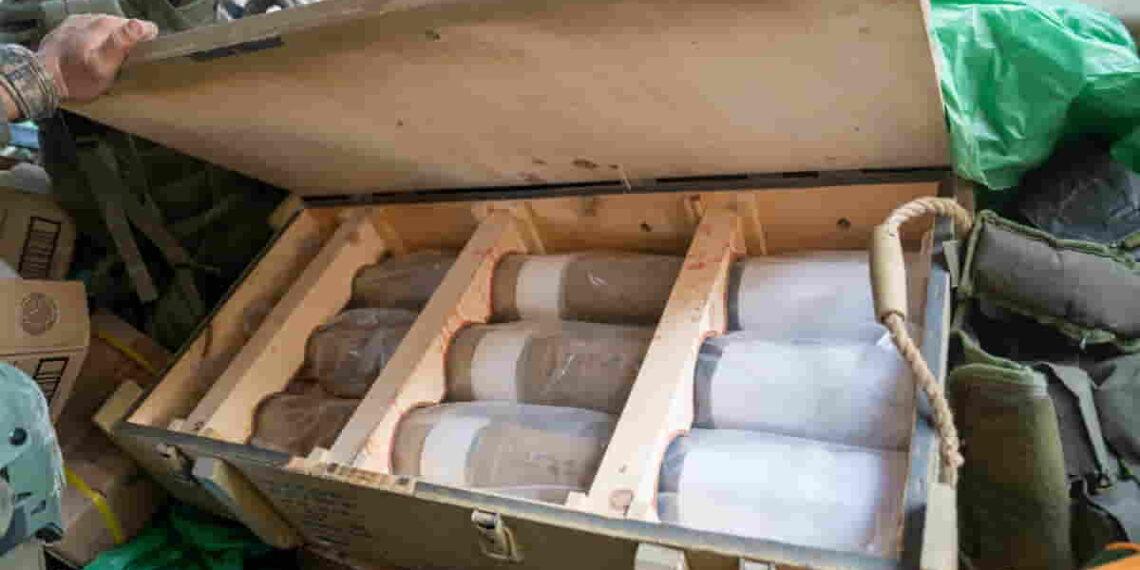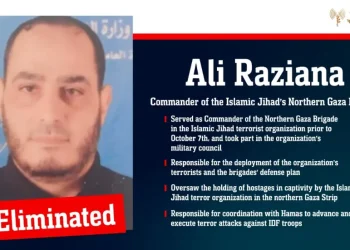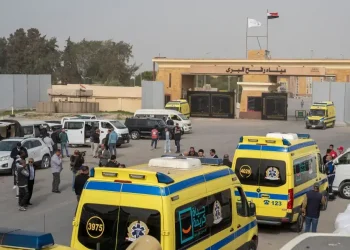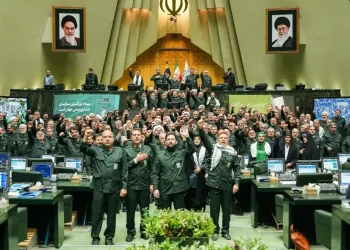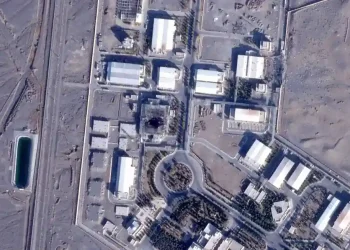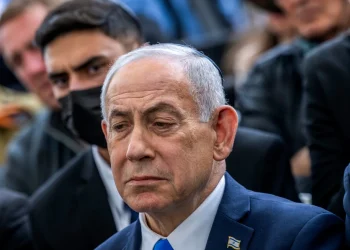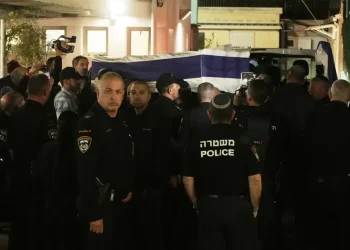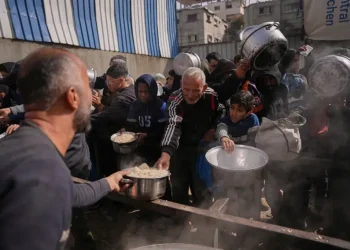IDF Strikes Hezbollah Sites in Lebanon and Syria Over Ceasefire Violations
Despite ongoing Israeli airstrikes, the ceasefire between Israel and Hezbollah appears to be holding. On Saturday, the Israel Defense Forces (IDF) targeted multiple Hezbollah sites in Lebanon and Syria, citing violations of the ceasefire agreement.
In one incident, the IDF observed Hezbollah operatives loading military equipment, including RPGs and ammunition, into a vehicle. The Israeli Air Force (IAF) quickly struck the vehicle. In another case, Hezbollah terrorists were spotted approaching known Hezbollah structures in southern Lebanon, violating the ceasefire. The IAF responded by targeting the terrorists, later recovering grenades and firearms from the scene.
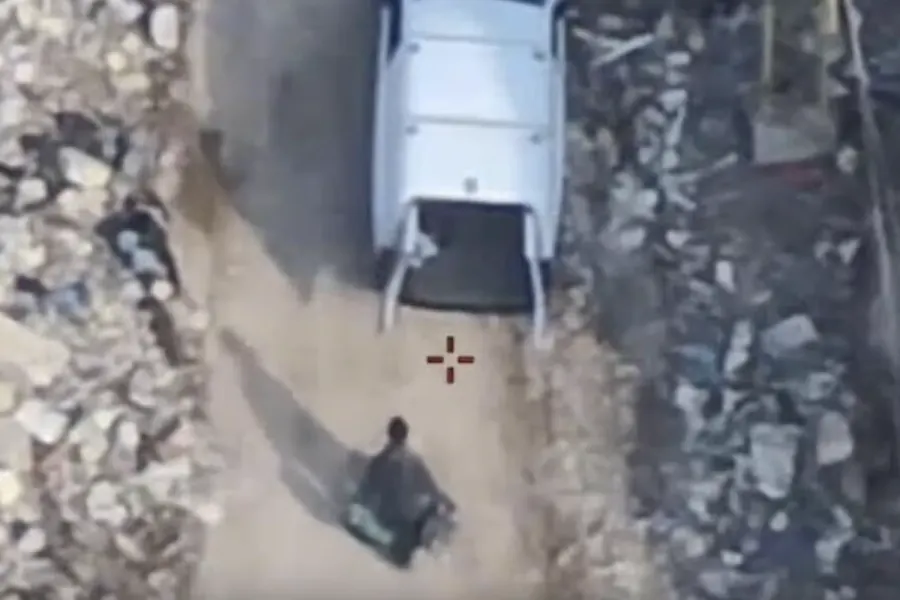
Near Sidon, the IAF struck rocket launchers at a Hezbollah facility after observing terrorist activity. An intelligence-driven airstrike also targeted a military vehicle near a known Hezbollah rocket manufacturing site.
“These actions were necessary to address immediate threats and enforce the ceasefire,” the IDF explained.
The IDF reported several other violations in recent days, including a strike on a mobile Hezbollah rocket launcher in southern Lebanon. They also discovered and confiscated hidden weapons in a local mosque.
“The IDF is deployed in southern Lebanon to neutralize any threats to Israel and enforce the ceasefire agreement,” an IDF spokesperson said.
While these strikes targeted Hezbollah terrorists and infrastructure, the ceasefire has generally held, with no Hezbollah rockets fired since the ceasefire began on Wednesday. As a result, the Home Front Command eased restrictions in northern Israel, allowing larger gatherings and the reopening of schools in some areas.
Last Thursday, the Home Front Command lifted all restrictions in Haifa, allowing schools to resume in-person classes and social events to take place. Previously, many schools had shifted to online learning due to the rocket threat.
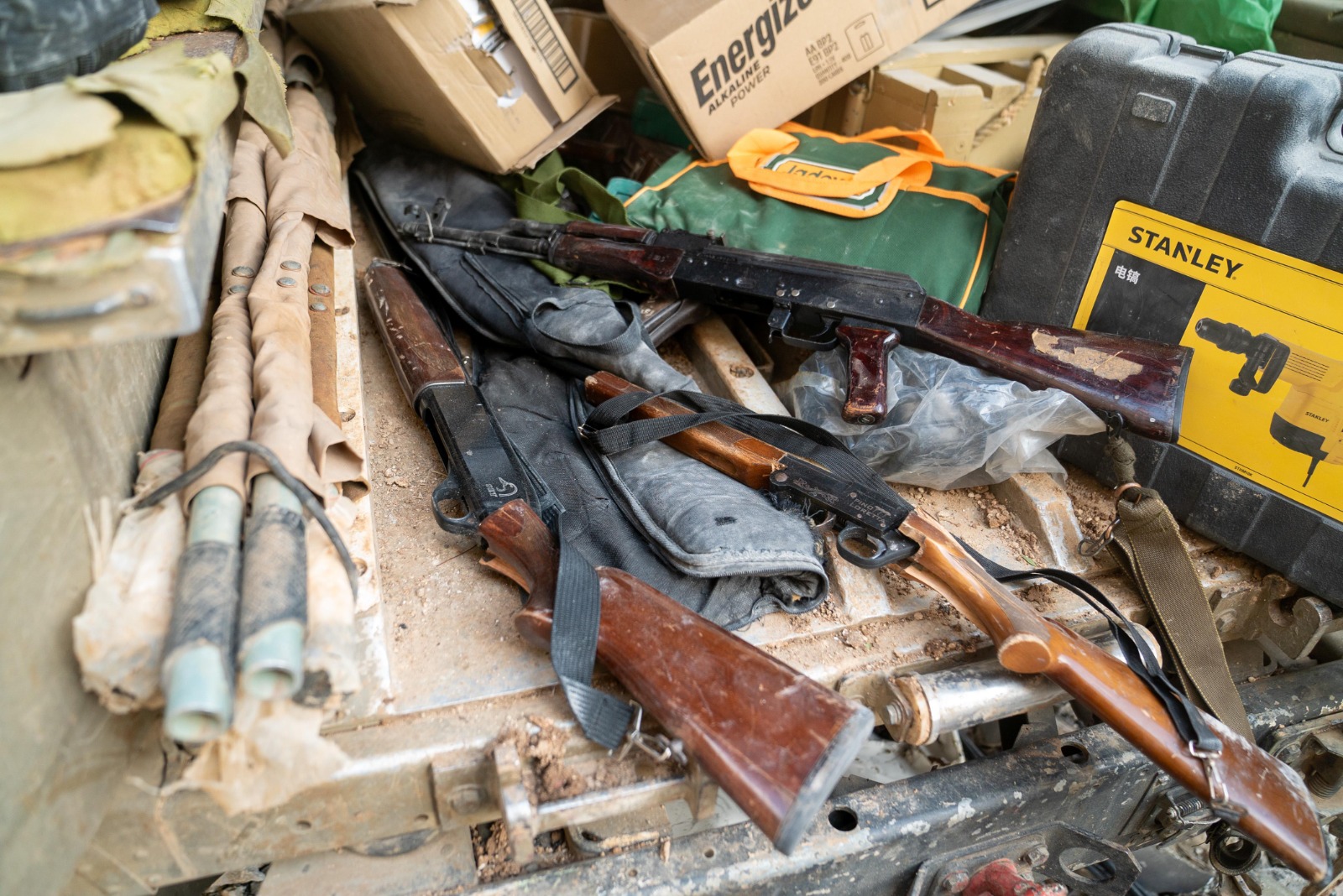
However, according to The Washington Post, Iran sees the ceasefire as an opportunity to rebuild and resupply Hezbollah. While Iranian officials have tried to portray the ceasefire as a victory for Hezbollah, many analysts believe that Iran pressured the group into agreeing to it, fearing an Israeli strike could weaken this crucial proxy group.
The ceasefire does not prevent Israel from carrying out strikes in Syria aimed at disrupting Hezbollah’s resupply from Iran. On Saturday, the IAF targeted military sites near the Syria-Lebanon border that Hezbollah was using to smuggle weapons into Lebanon. The ceasefire agreement prohibits the entry of weapons into Lebanon unless controlled by the Lebanese army.
“The Hezbollah terrorist organization, backed by the Syrian regime, uses civilian infrastructure to carry out terrorist activities and smuggle weapons used against Israeli civilians,” said the IDF spokesperson. “The IDF will continue to act against any threat to Israel that violates the ceasefire agreement.”
This article was rewritten by JournosNews.com based on verified reporting from trusted sources. The content has been independently reviewed, fact-checked, and edited for accuracy, neutrality, tone, and global readability in accordance with Google News and AdSense standards.
All opinions, quotes, or statements from contributors, experts, or sourced organizations do not necessarily reflect the views of JournosNews.com. JournosNews.com maintains full editorial independence from any external funders, sponsors, or organizations.
Stay informed with JournosNews.com — your trusted source for verified global reporting and in-depth analysis. Follow us on Google News, BlueSky, and X for real-time updates.
